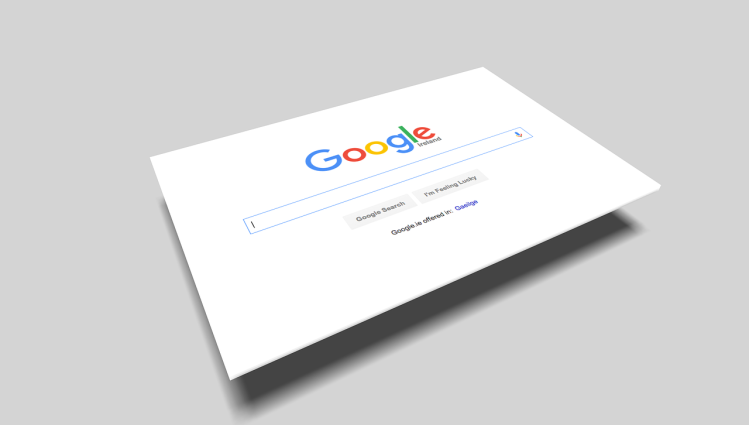European antitrust regulators fined Google a record €4.34 billion ($5 billion) for being in breach of EU antitrust rules.
The landmark fine was imposed on Google on Wednesday after the European Union (EU) found that the tech giant required smartphone manufacturers to pre-install the Google Search app (Chrome) on all devices using its Android operating system. If manufacturers refused to play along with them they would not be allowed on Google Play.
In a statement released following the ruling, commissioner Margrethe Vestager said: "Our case is about three types of restrictions that Google has imposed on Android device manufacturers and network operators to ensure that traffic on Android devices goes to the Google search engine. In this way, Google has used Android as a vehicle to cement the dominance of its search engine. These practices have denied rivals the chance to innovate and compete on the merits. They have denied European consumers the benefits of effective competition in the important mobile sphere. This is illegal under EU antitrust rules."
Google will have 90 days to bring an end to this activity, ruled as anti-competitive, or face additional penalties that could add up to 5 percent of their average daily global revenue.
The penalty is in accordance with the Commission's 2006 Guidelines on fines and was calculated based on the value of Google's revenue from search advertising services on Android devices in the EEA.
The ruling was almost double the previous fine handed out to Google in 2017, also by the EU, after they were adjudged to be unfairly favoring their (Google’s) own services.
While this is indeed an eye-watering sum of money it must also be viewed in context to how much Google generates in revenue, and as noted in Bloomberg: “Google owner Alphabet Inc. generated about the same amount of money as the penalty every 16 days in 2017, based on the company’s reported annual revenue of $110.9 billion.”
Despite this seemingly ‘drop in the ocean’ financial penalty, Google have stated that they will be appealing the decision, arguing that they have “created more choice for everyone, not less.”





